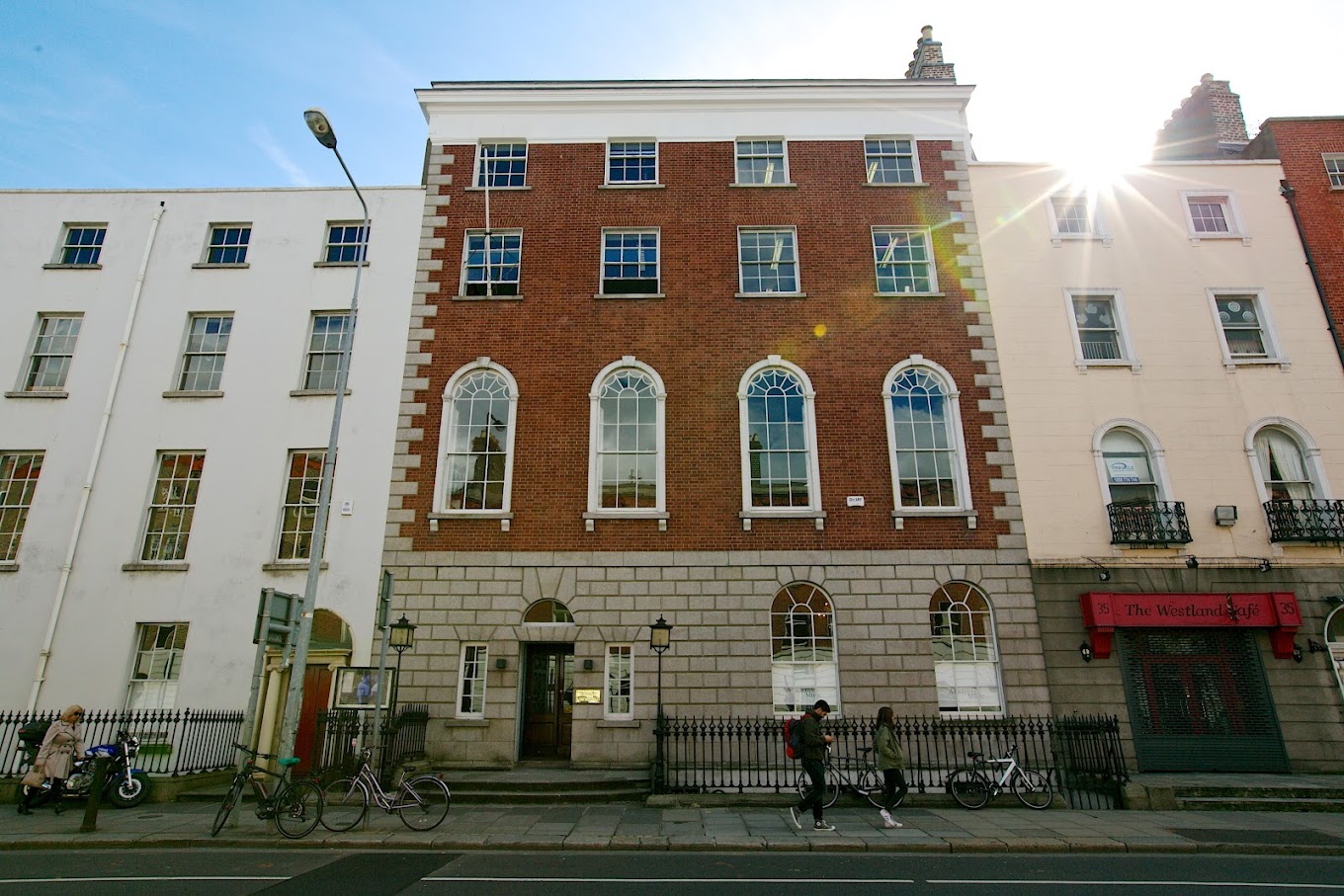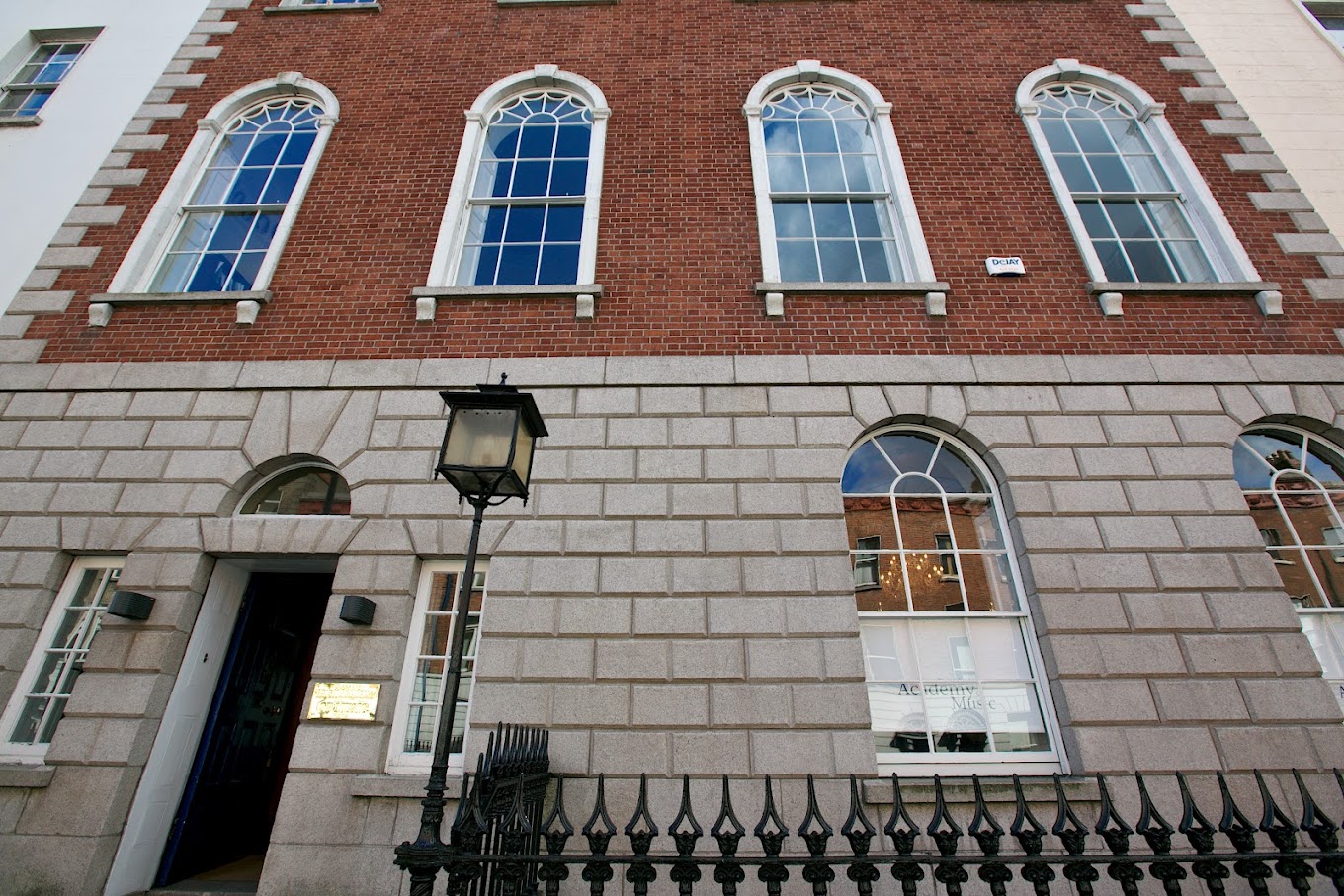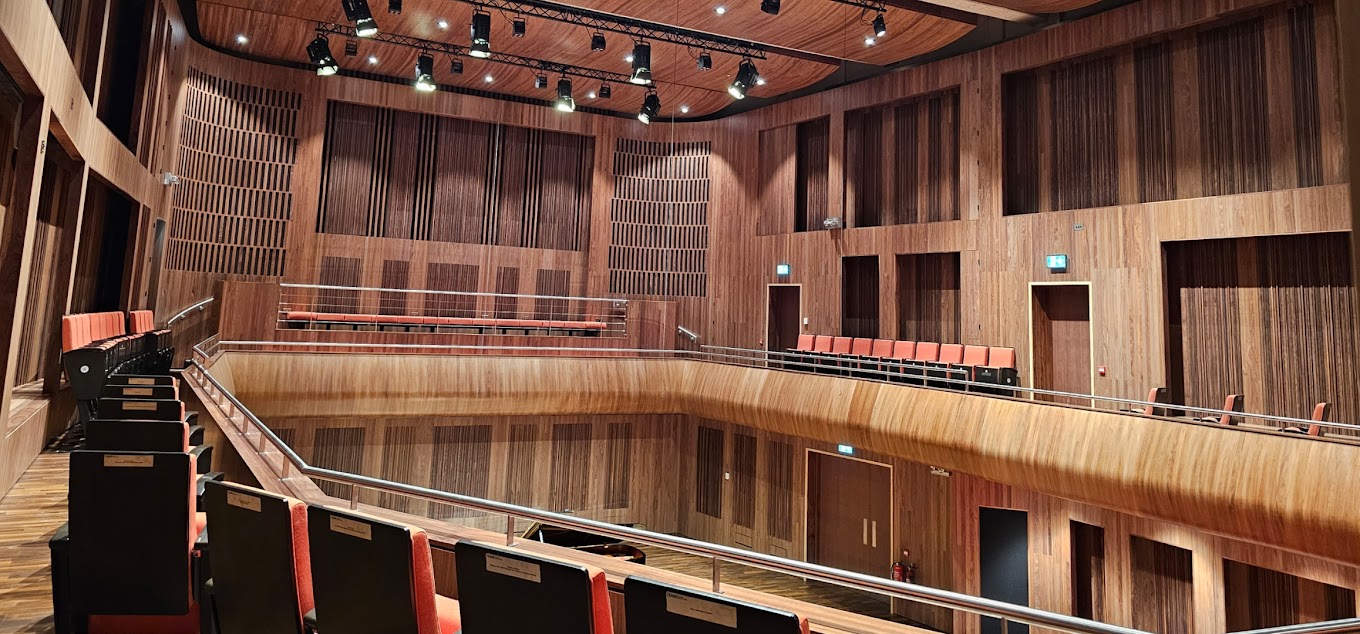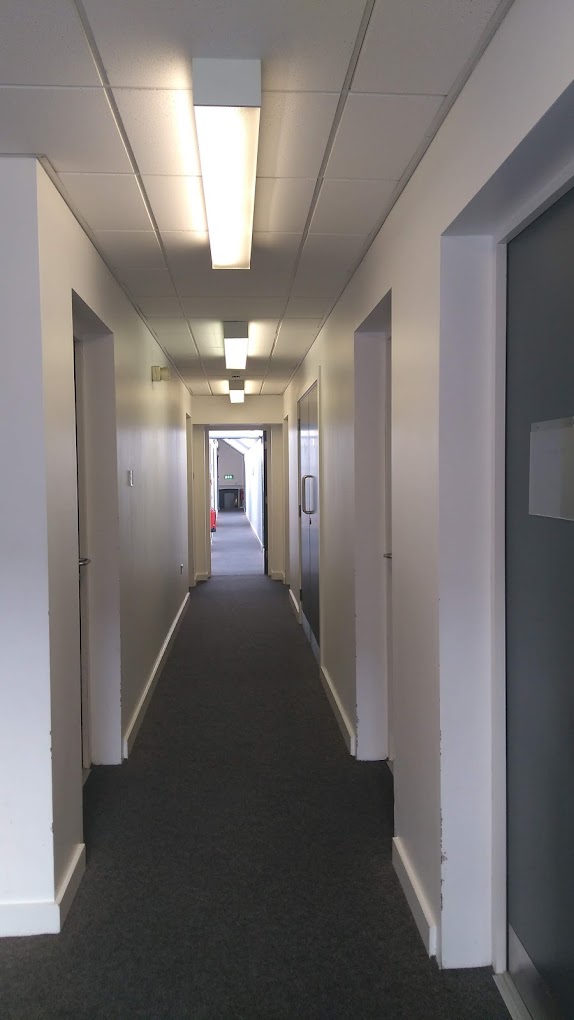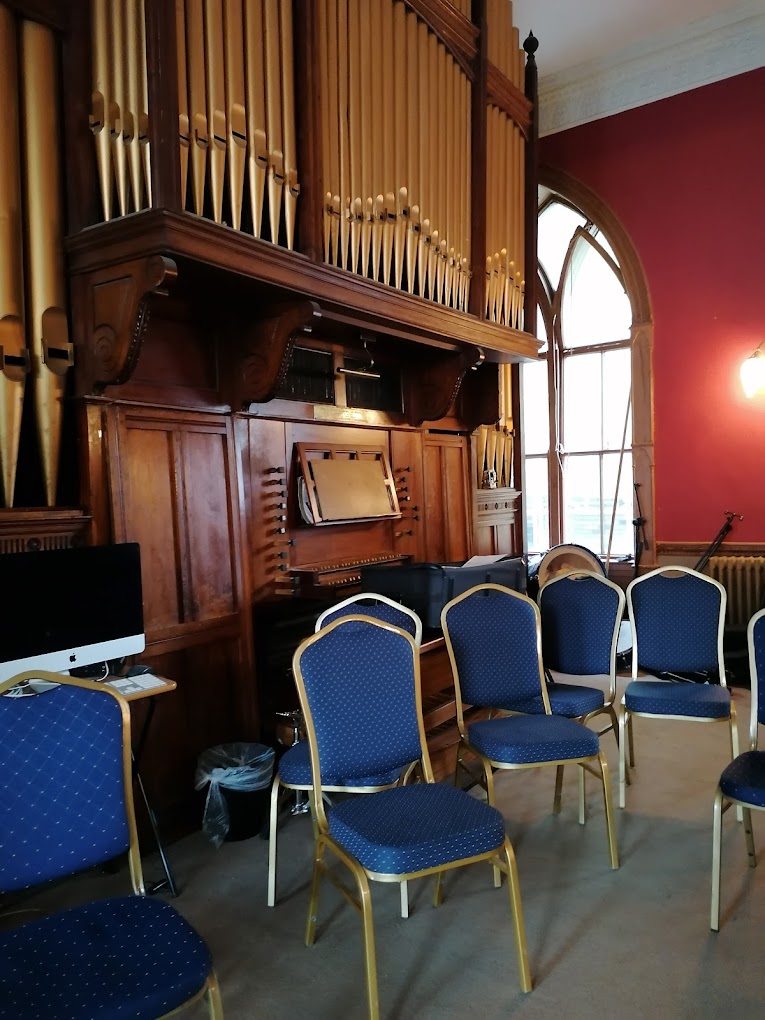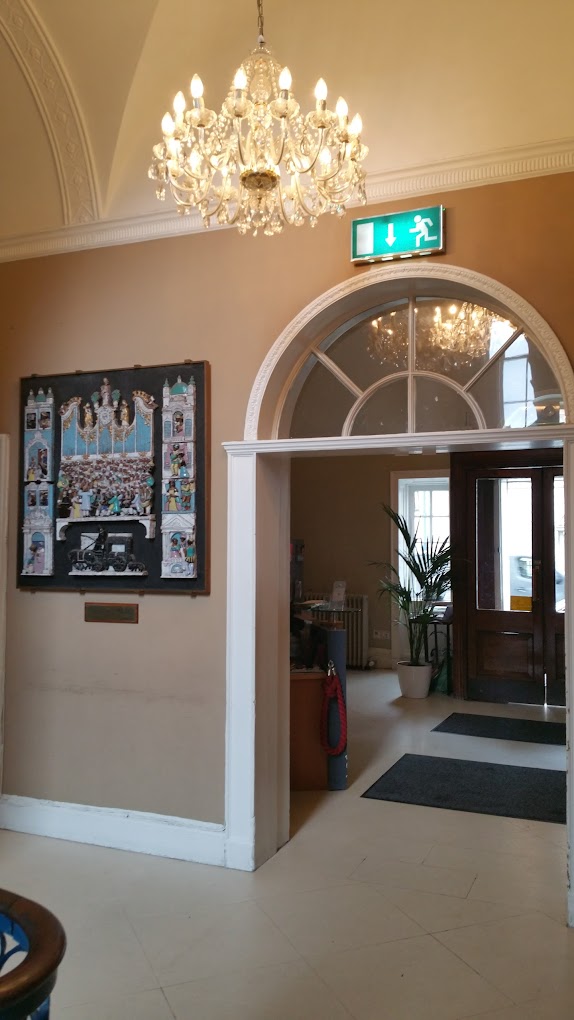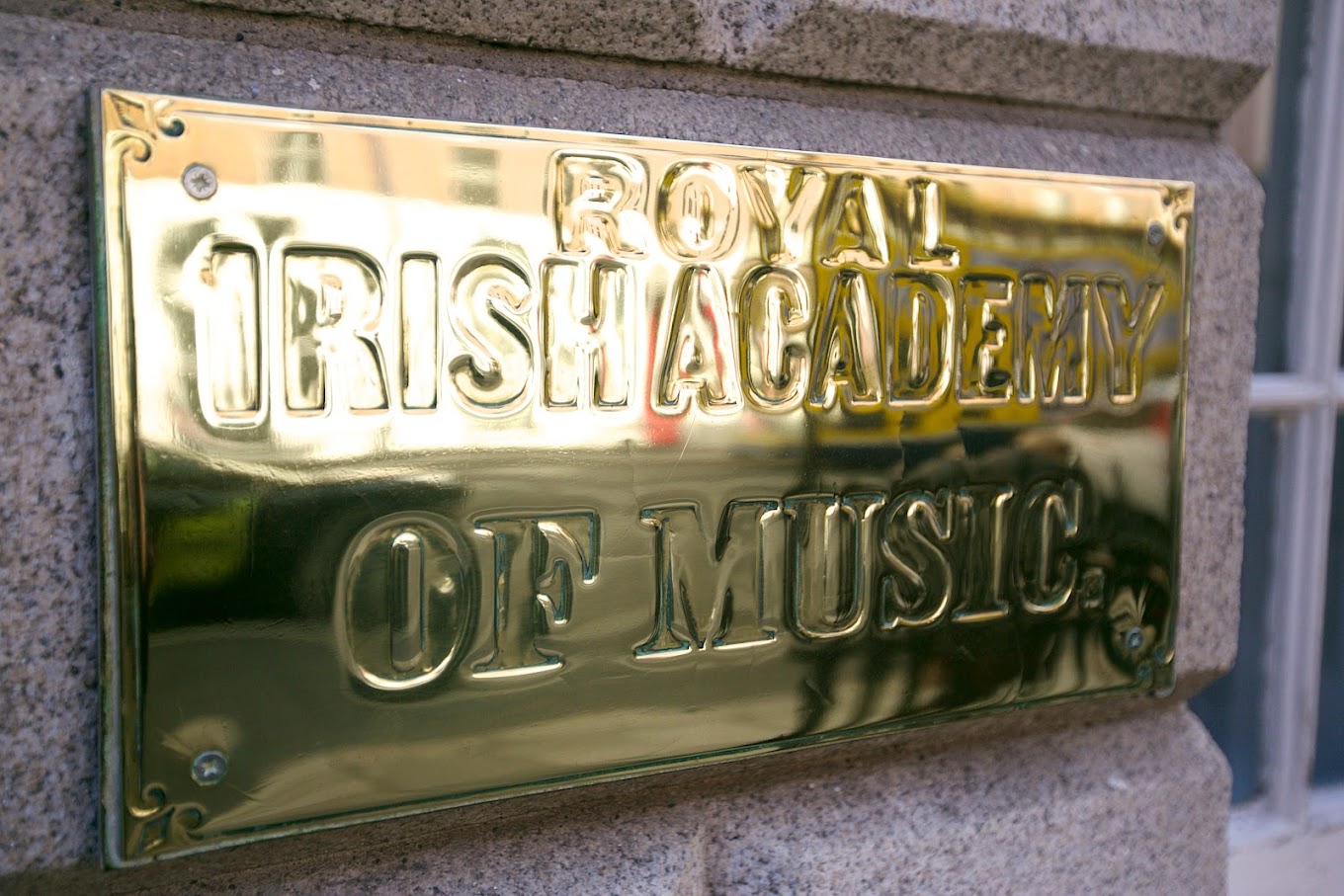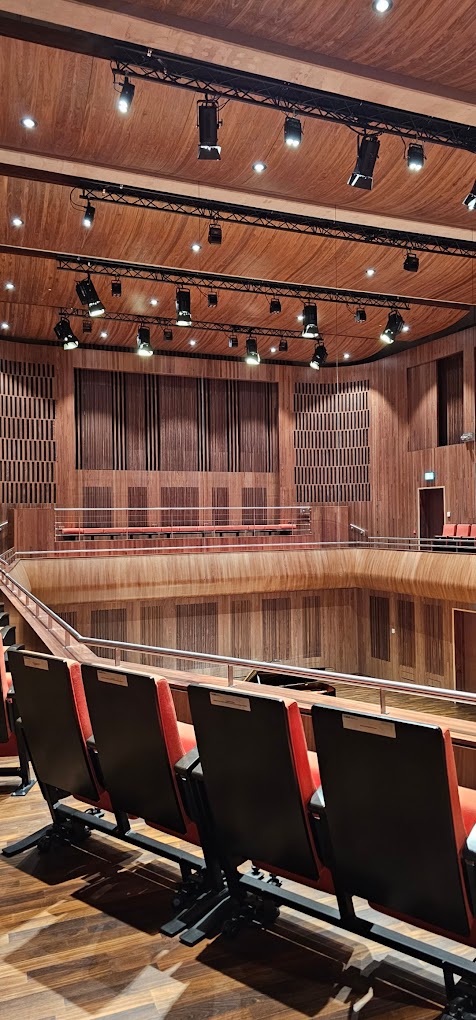Royal Irish Academy of Music
One of Europe's most prestigious and ancient music conservatoires is the Royal Irish Academy of Music, located in Dublin, Ireland. Situated in the center of the capital city, it is housed in an exceptionally beautiful Georgian edifice. A limited cohort of 175 students is offered Bachelor, Master, and Doctoral programs in music performance by RIAM. The best one-on-one instruction in Europe was provided to RIAM students, who saw principal study teachers for two hours each week. The curriculum also includes supporting studies in academic components and entrepreneurship, in addition to performances in opera, symphony, chamber music, and contemporary projects.
Students at RIAM have access to the smaller conservatoire setting and the wider university experience, including the gym, student support services, and clubs. RIAM is an affiliated college of Trinity College Dublin.
Alumni of RIAM have achieved success in global contests, as well as in opera houses and orchestras across the globe. Even more have contributed in the broader domains of education, chamber music, cultural advocacy, and leadership in the arts. Their customized programs and small class sizes allow each of our students to take charge of their education and develop into self-assured, distinctive performers.
Royal Irish Academy of Music Student Life
Royal Irish Academy of Music Degrees & Programs
Royal Irish Academy of Music Admission
- Transcripts from high school or the School Leaving Examination for undergraduate applicants. If final results are not available, include predicted results (PDF format). Note that documents that are not in English must be translated and notarized.
- Degree awards and transcripts for postgraduate applicants. If final results are not available, include predicted results (PDF format).
- Application information for non-EU nationals, including passport number and expiration date
- For applicants whose first language is not English, IELTS, TOEFL, or Duo lingo score (PDF format)
- SAT or ACT scores (PDF format only; available to US undergraduate applicants)
Entry Requirements
Royal Irish Academy of Music Scholarships & Bursaries (Third-level)
| Name | Designation |
| Lynsey Callaghan | Head of Programmes, Research and Academics |
| Deborah Kelleher |
Director
|
| Marie Moran | BMusEd Co-ordinator |
| Tanya Gabrielian |
Head of Keyboard Piano |
| David Adams | Head of Early Music |
| Colma Brioscu | Piano Performance Class |
| Dearbhla Brosnan | Accompanist |
| David Collins | Head of Wind, Brass & Percussion |
| Kathleen Tynan | Head of Vocal Studies & Opera |
| Kevin O'Connell | Head of Composition |
| David Adams | Head of Early Music |
Royal Irish Academy of Music Accommodation
It can be challenging to find acceptable accommodation in Dublin. Therefore, the Royal Irish Academy of Music advises you to arrange this as soon as you receive an offer to study at RIAM.
First, You must determine if you want to live in dorms for students or would rather look into other possibilities. Every student is unique, and there are benefits and drawbacks to both types of accommodations.
It is common to discover that students enrolled in one-year programs (such as postgraduate ones) would rather live in dorms.
In the first year of a three- or four-year degree program, first-year students typically live in student housing before looking at the possibility of moving off campus with friends.
Student Residence Accommodation
The best accommodation for a student studying in Ireland will be selected with help from their partner providers. Facilities for housing students in residence offer a variety of choices, from affordable to opulent.
Alternative Accommodation
Accommodation options are also found close to RIAM. Students have the option of living with a family, renting a house with other students, or living in individual flats. Please keep in mind that you should give yourself plenty of time to look for a sort of lodging that will suit your needs—two weeks should be plenty.
Accommodations are also frequently advertised on the Facebook pages of TCD Students' Union and RIAM.
FAQ
1.How can I apply at the RIAM?
Every year, on December 1st, applicants must apply online and pay the required application cost. It should be mentioned that there may be more applications than spots available if they successfully pass the audition process.
2.Is there any Entrance Scholarship on offer?
Scholarships for entry are not available.
3.When are auditions held?
Typically, auditions take place in February. The auditioning panels determine the days and times, which, once assigned, cannot be modified.
4.What happens if I do not pass the audition or am on a waiting?
If an applicant is unsuccessful during the audition process or not enough spots are available to accommodate all qualified candidates, they can reapply for the upcoming academic year and repeat the entire procedure.
5.What is the tuition fee?
The Department of Education and Science grant-in-aid allows the Academy to maintain low tuition costs. In exchange, students receive a weekly class lasting between forty minutes and two hours, as well as ongoing guidance, support, and consideration from both the administrative and teaching personnel. Current and former students can join in orchestra/ensembles and chorale for free, albeit there is a minor participation fee.
6.Are lessons individual or group classes?
The majority of classes are one-on-one, but Recorder is typically a class. Other group classes offered are pre-instrumental, Musicianship, Junior Choirs, Opera, Oratorio, Lieder, Song Class, Chorale, and Chamber Music. Places are available for complete beginners in violin and piano in their two-year required Introductory Classes.

Are you Interested?
